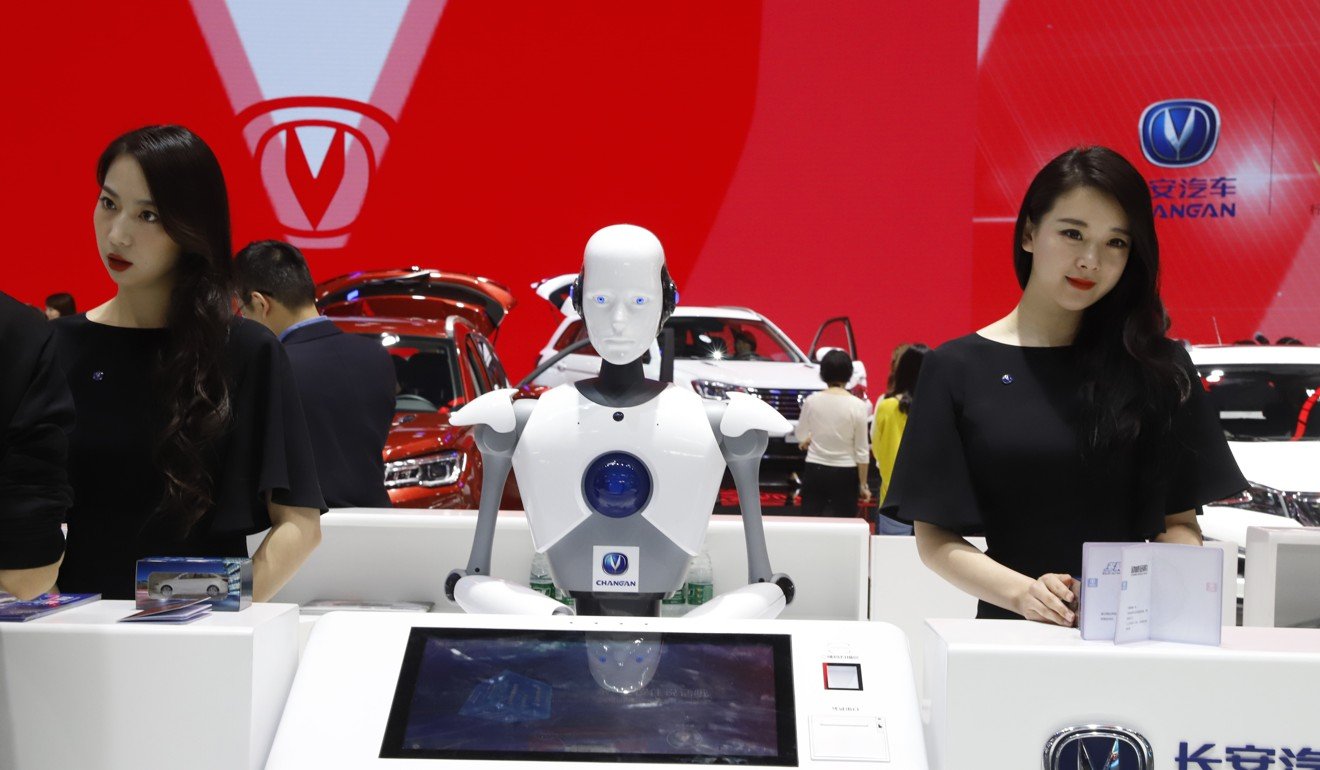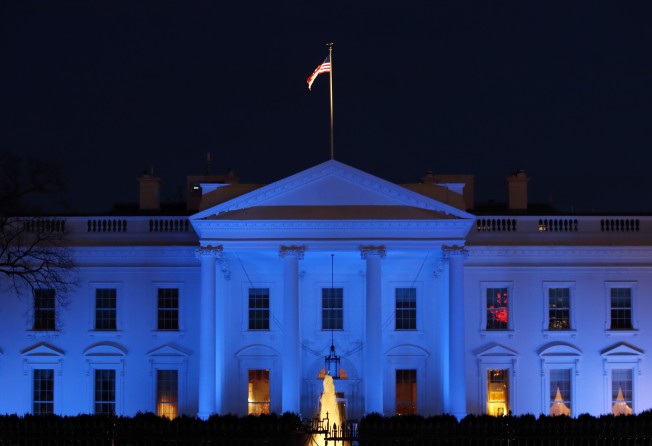
White House assures Google, Facebook AI won’t get heavy hand

The White House unveiled a hands-off regulatory approach to foster the development of artificial intelligence (AI) at a gathering of more than 40 companies in Washington on Thursday.
A top White House technology adviser, Michael Kratsios, told representatives of companies including Alphabet’s Google, Facebook, Goldman Sachs and Boeing that they’ll have the greatest possible latitude to develop AI, according to a copy of his remarks that was provided to Bloomberg.
“We didn’t cut the lines before Alexander Graham Bell made the first telephone call,” Kratsios said in his prepared remarks. “We didn’t regulate flight before the Wright Brothers took off at Kitty Hawk.”
Kratsios also announced the formation of a committee on artificial intelligence consisting of senior federal research and development officials within the National Science and Technology Council of the White House.
The Trump administration’s free-market approach to AI comes as the technology sector is facing increasing calls for regulation from lawmakers and consumer groups. The development of AI is also fuelling concerns about bias in data use and whether the US sector can stay ahead of fierce competition with China.
In a bid to overtake the US, the Chinese government has made a 10-fold increase in AI output a national priority for coming years, and many local companies are deploying machine-learning systems to update banking services, identify faces in crowds and control drones.
“Erecting barriers to innovation does not stop the future,” Kratsios said. “It makes the future move overseas.”
While the Obama administration also warned against a rush to add regulations on AI, it had called for assurances that AI “systems will operate safely and securely, in a controlled, well-defined, and well-understood manner”.

The White House convened more than 100 business leaders – in sectors ranging from energy and manufacturing to health care, technology and financial services – along with senior government officials and experts for a summit to address issues including supporting national research and development, helping the American workforce to take advantage of AI and removing barriers to AI innovation in the US.
Intel chief executive Brian Krzanich, who attended the meeting, called in a statement for a national AI strategy that would prioritise “government funding of R&D to augment the great work being done by industry, and the availability of government data for innovators to use in developing artificial intelligence capabilities”.
“Privacy, cybersecurity, ethics, and potential employment impact are all worthy of careful analysis,” Krzanich said.
In addition to the skills and regulatory issues, the meeting also looked at furthering government uses of AI, such as at the National Oceanic and Atmospheric Administration, according to a person familiar with the discussions.
Arvind Krishna, senior vice-president and director of IBM Research who attended the meeting, said in a statement that he emphasised that AI should be able to explain the predictions and determinations it reaches “so people can trust it”.
Still, many in the industry believe both regulation and legislation regarding AI are still years away.
In his speech, Kratsios also addressed a long-time policy concern that AI will destroy jobs without creating replacements in the same places or for those with similar skills.
“To a certain degree, job displacement is inevitable,” he said, noting that the administration has taken steps such as STEM grant funding “to ease the transition for workers and aid industries hungry for talent”. STEM refers to a group of academic disciplines comprising science, technology, engineering and mathematics.
Dean Garfield, president of the Information Technology Industry Council trade group, told Bloomberg TV on Thursday that “jobs will change and where those jobs are may move”.
“We’ve got to invest heavily in training people to be able to work,” said Garfield, whose group represents several companies attending the event including Google, Amazon.com and International Business Machines Corp.